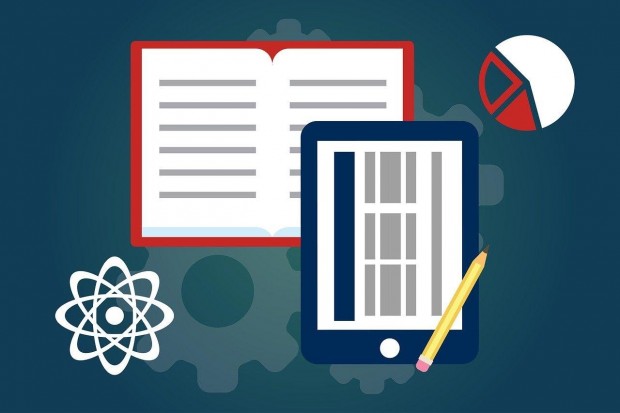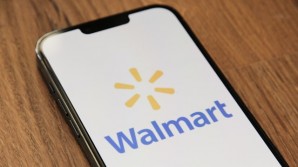Much of daily life has been online for decades, but there's been a dramatic rise in education and health apps that allow people to keep their minds sharp and bodies fit wherever they go. These tools have been particularly useful when world events have caused people everywhere to spend more time at home.
Moving forward, educational technology and digital health apps will only become more popular. People with disabilities must not be excluded as the offline world moves even more online, especially when it comes to fundamental things like education and health.
UX designers, project managers, digital researchers, and others are increasingly getting help from on-demand accessibility crowd-testing platforms to ensure that everyone can enjoy the apps and websites they build. Let's learn more about how easy the testing process for universal accessibility can be when you get the right support.
Custom Audiences
These days, digital developers in health and education can create custom audiences, so they can test how their product works for people with any specific disability. They can check their product's accessibility on any mobile device or desktop, on more than ten different assistive technologies, and different web browsers.
Digital product builders are wise to incorporate this kind of flexible universal accessibility testing early in the development cycle to reduce future headaches and costly mistakes. Not only is building for accessibility harder to do and more expensive after the fact, it also opens you up to lawsuits.
Native Application Testing
It isn't enough for one version of the app to be fully accessible - universal accessibility means every single version of the app can be fully used by anybody.
If there's a barrier found in a health or education app, it could hamper a student's learning or cause an adverse health outcome for somebody. On-demand accessibility crowd-testing platforms ensure nobody is left out by testing all their products on iOS and Android operating systems.
Staging Environments
Digital developers can confirm that their products are universally accessible before they launch by having them tested in a private staging environment. Look for an on-demand accessibility crowd-testing platform available at Fable Tech Labs - one that has an incredibly engaged group of testers who live with a range of disabilities.
They'll help you produce data that is vital and reusable while conducting user acceptance testing. Expect the staging environment to be secured through a login and B2B VPN tunnel.
Permissions and Security
Developers of health and education apps don't need to worry about people seeing proprietary information because the best on-demand accessibility crowd-testing platforms offer robust, multi-tiered security:
- Member-specific permissions
- Read-only access
- Company-specific NDAs
These allow testers to examine and probe every part of the app or website without the possibility of causing a leak. Developers need to know that their work won't become public until after it launches and that the final app or website will be universally accessible.
The surge of digital health and education tools can dramatically improve the way people feel and learn. For legal, ethical, and even commercial reasons, digital leaders in these fields need on-demand accessibility crowd-testing platforms to ensure that nobody is excluded, no matter what disability a person may have.




















